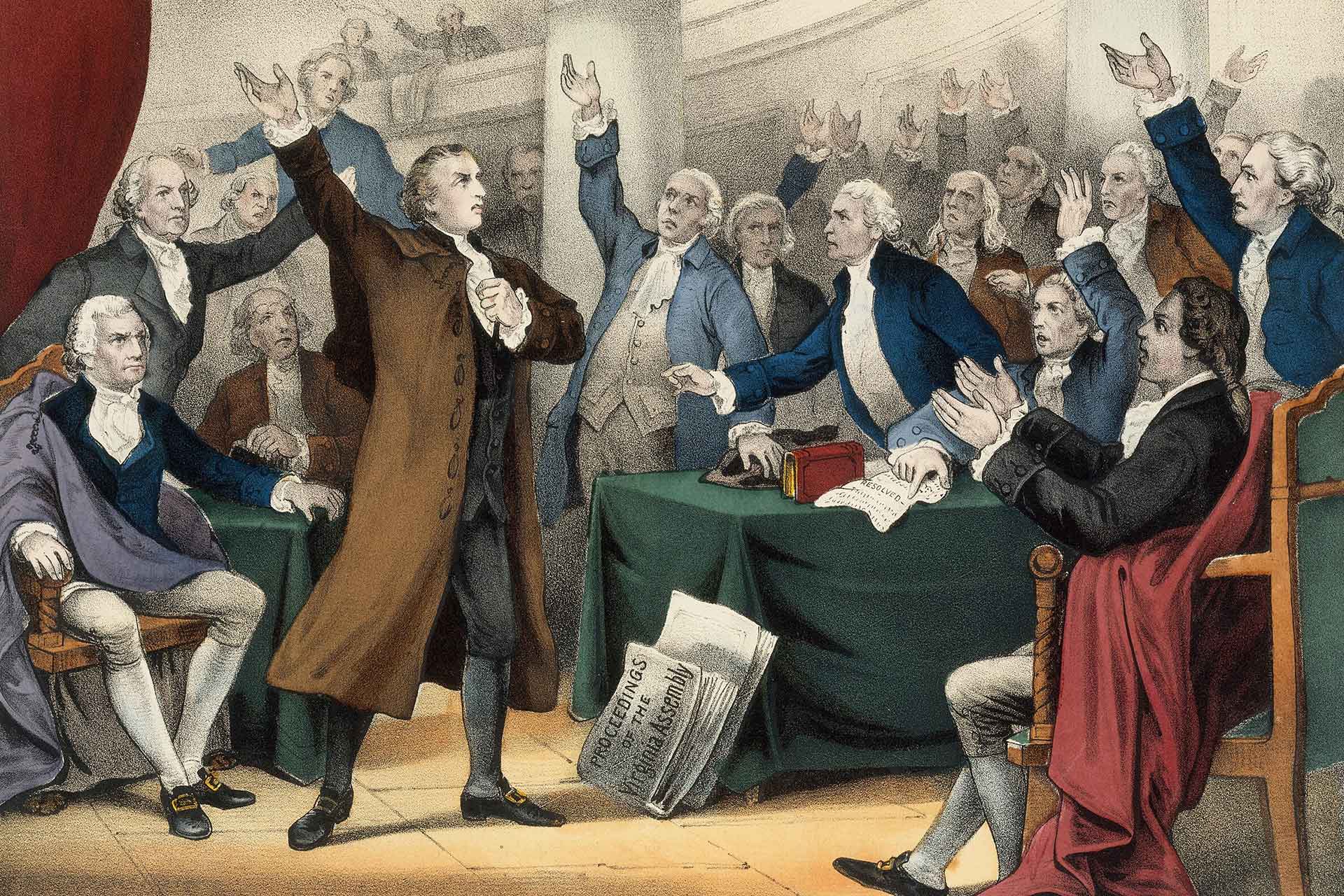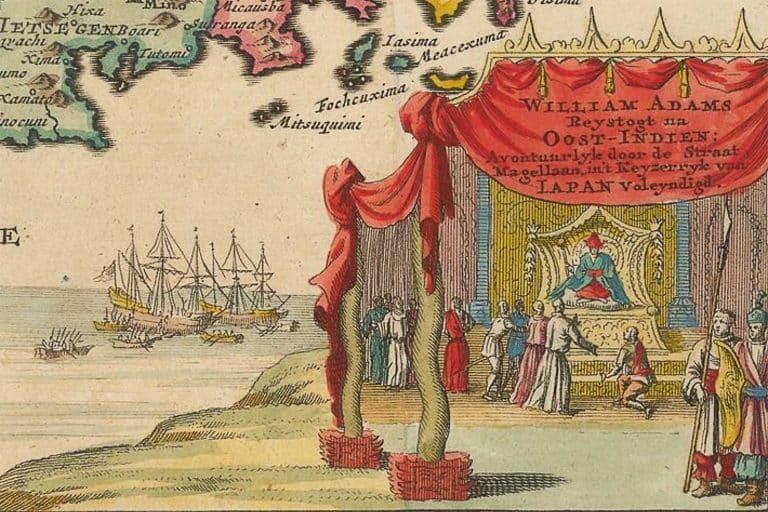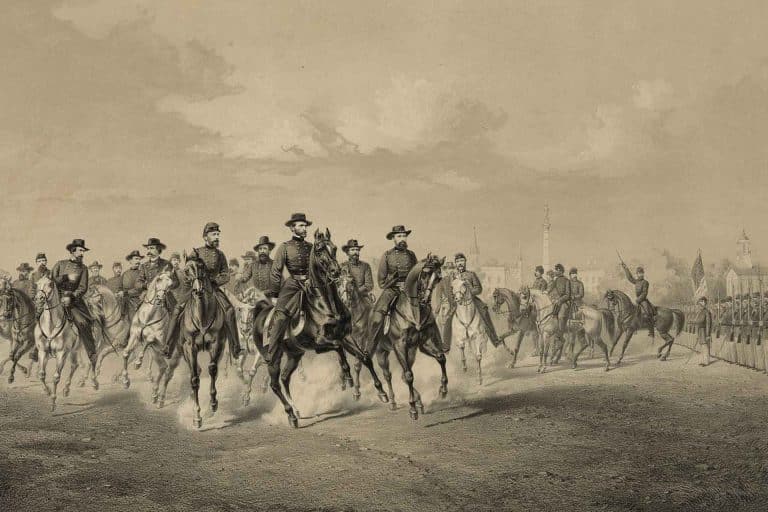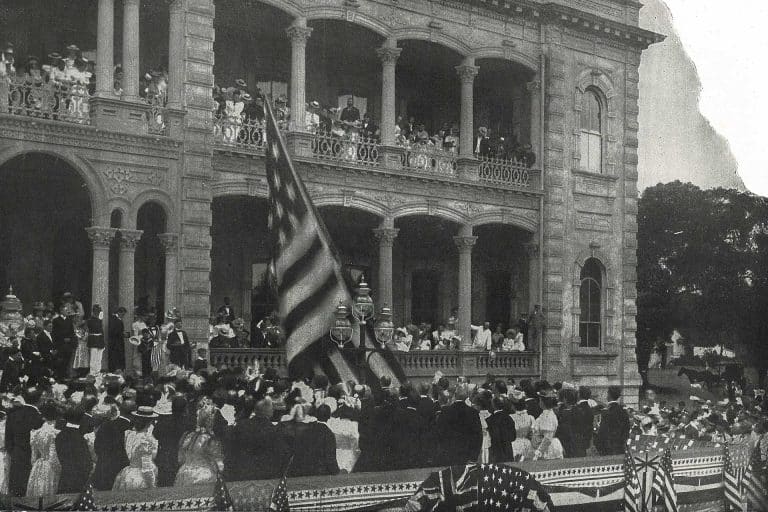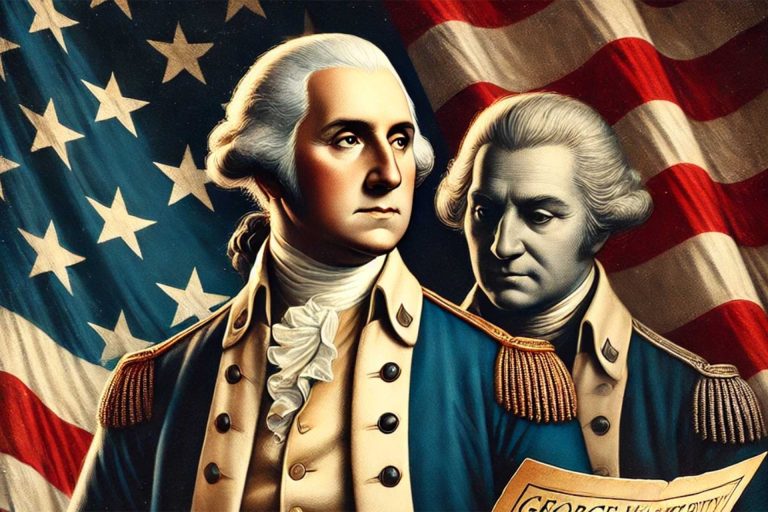Top 10 Sparks That Caused the American Revolution
As the dawn of the 18th century approached its mid-point, the American colonies found themselves amidst a storm of discontent brewing against their British overseers. This article examines the incidents and beliefs that caused the American Revolution. What began as a series of disagreements and grievances gradually fanned into roaring flames of rebellion, leading to a full-fledged revolution that forever altered the course of history.
The American Revolution wasn’t ignited overnight; rather, it was the result of an accumulation of injustices, misgivings, and ambitions that converged into a fervent desire for independence. At the core of the revolutionary zeal was the colonial disillusionment with British rule, which imposed a myriad of restrictions and exercised control without heeding the aspirations and rights of the colonists.
The underpinning grievance was Britain’s heavy-handedness, manifested vividly through several legislative acts and impositions that strained the relationship between the Crown and the Colonies. The colonists yearned for a voice in a government that seemed increasingly alien, a government that imposed taxes without their consent and restricted their trade with a tightening grip. Each tax, each act of Parliament, each overreach by the Crown’s officials added fuel to a fire of defiance that eventually enveloped the Thirteen Colonies in the cause of liberty.
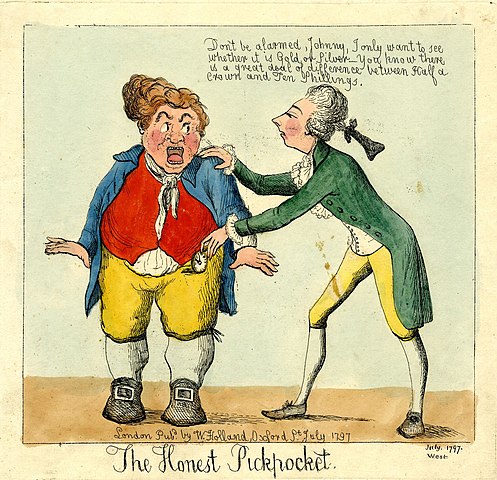
Taxation Without Representation: A Seeding Ground for Colonial Discontent
The phrase “Taxation Without Representation” crystallized the American colonists’ grievance against the British crown, embedding a notion of injustice within the framework of colonial governance. This mantra emerged as a rallying cry for the colonial populace who found themselves under the yoke of a distant government imposing fiscal demands without granting them any representational voice.
The principle that burgeoned into a cornerstone of revolutionary ideology was simple—taxation by the British crown was illegitimate in the absence of colonial representation in the British Parliament. This grievance morphed into a symbolic cause celebre for those advocating for a more equitable colonial relationship with Britain.
The colonists weren’t against the idea of taxation as a concept, but they ardently believed in the fundamental political principle that citizens should not be taxed without having a say in their government. The disconnect between the source of legislation and those it affected fostered a fertile ground for discontent, driving a wedge between the American colonies and the British empire. The contention lay not merely in the economic strain imposed by the taxes, but more so in the overarching narrative of disempowerment and the suffocation of the colonies’ right to self-governance.
As this grievance stewed and resonated through the colonies, it began knitting together communities under the banner of shared discontent. The essence of “Taxation Without Representation” galvanized discussions in taverns, local assemblies, and public squares, steadily knitting a patchwork of defiance against British authority. This phrase didn’t just underscore an economic grievance; it highlighted a glaring dissonance between colonial aspirations and British imperial policies. Over time, this dissonance stoked the flames of rebellion, gradually morphing into a defining ethos of the American Revolution.
The narrative of “Taxation Without Representation” facilitated a paradigm shift, aligning the colonists against the perceived tyranny of British rule. The unfolding discourse surrounding this grievance fostered a burgeoning American identity, distinct from British allegiance, setting the stage for the ideological underpinning that would bolster the revolutionary spirit. In retrospect, this issue of taxation without a say, mirrored in myriad colonial grievances, was instrumental in kindling the revolutionary fervor that caused the American Revolution
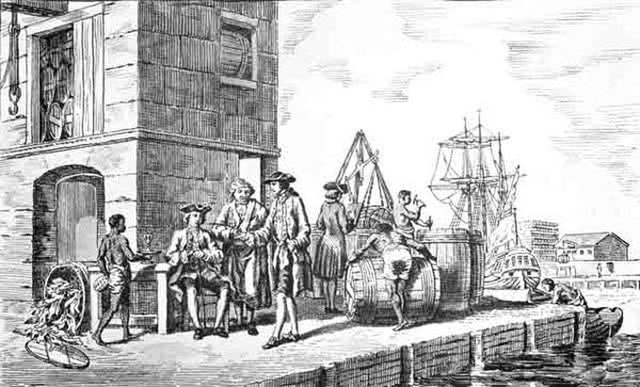
Economic Grievances: The Mercantile Shackles on Colonial Prosperity
The imposition of British mercantilist policies on American colonies served as a throttle on the economic aspirations of the burgeoning colonial society. Rooted in the ethos of mercantilism, these policies were meticulously crafted to ensure the colonies remained subservient economic adjuncts to the British empire.
By design, mercantilism sought to sustain a favorable balance of trade for Britain and channel the raw material wealth of the colonies back to the motherland. The collateral damage of this exploitative economic architecture was the stifling of colonial economic autonomy and the curtailment of prosperous trade relations with other burgeoning economies. As the colonies matured, the mercantilist leash exacerbated the economic grievances against the distant British crown, fueling a yearning for economic self-determination.
Under the mercantilist umbrella, the colonies were shackled into a restrictive trading framework, forced to engage primarily with British markets and traders, often at terms that were detrimental to colonial prosperity. This skewed arrangement acted as a straitjacket, restricting the colonies’ trade with other nations, particularly other European powers and their colonies. The economic grievances festered as the colonies were systematically denied the liberty to explore more favorable trade relationships, thereby nipping in the bud the potential for economic diversification and growth. As resentment brewed, the stark contrast between the flourishing British economy and the controlled colonial economic landscape became a conspicuous emblem of economic injustice.
The juxtaposition of Britain’s economic prospering at the expense of colonial growth cultivated a fertile ground for dissent. Every restrictive trade legislation and enforcement of mercantilist policy by the British government echoed through the colonies as a stark reminder of their subjugation. This simmering discontent gradually coalesced into a narrative of economic emancipation that found resonance across the colonies. Over time, the discourse of economic grievances intertwined with the broader ideological struggle for self-governance, adding significant momentum to the burgeoning sentiment that caused the American Revolution.
The economic grievances against mercantilist policies played a pivotal role in molding the ideological contours of the American Revolution. As voices against economic oppression reverberated through the colonies, the call for independence gathered steam. The quest for economic self-determination transcended mercantile shackles, forming a crucible within which revolutionary ideologies were forged, tested, and ultimately unleashed in the quest for a more equitable socio-economic order, free from the clutches of British economic control.

The Stamp Act and the Onslaught of Taxation Acts: The Monetary Discord that Caused the American Revolution
In the aftermath of the financially draining French and Indian War (1754-1763), the British Parliament found itself in dire straits, seeking avenues to recoup the war’s monumental costs. Casting its gaze across the Atlantic, it viewed the American colonies as a reservoir from which financial replenishment could be drawn. The pivotal first step in this fiscal expedition was the enactment of the Stamp Act in 1765, a legislation that imposed a tax on a wide array of printed materials within the colonies.
However, what the Parliament saw as a necessary measure, the colonists perceived as an unwarranted imposition, laying the groundwork for a fervent colonial opposition. The Stamp Act, by taxing commonplace items such as newspapers, legal documents, and even playing cards, ignited a firestorm of protests as it hit the very sinews of colonial society.
The Stamp Act was merely the herald of a series of taxation acts that would follow, each further alienating the colonies and fueling the embers of rebellion. Following the tempestuous reception of the Stamp Act, came the Townshend Acts of 1767, which levied taxes on goods like glass, lead, paint, paper, and tea. This new wave of taxation, especially targeting everyday commodities, carried the sting of economic exploitation, driving a wedge between the colonies and the British Parliament. The hostile colonial reaction to these acts illustrated the deepening rift, as cries of “taxation without representation” resonated through the colonies, encapsulating a growing sentiment of disenchantment with the British rule.
The final nail in the proverbial coffin was the Tea Act of 1773, which, while reducing the price of tea, bestowed a monopoly on the British East India Company to the chagrin of local merchants and smugglers. This act, though subtle in its economic imprint, was emblematic of the unyielding British control over colonial trade and commerce. The resultant Boston Tea Party, a dramatic act of defiance, was a stark manifestation of the escalating colonial discontent.
Each taxation act, from the Stamp Act to the Tea Act, acted as a catalyst, amalgamating economic grievances with a budding ideology of self-governance. The stage was now set, the actors poised, and the narrative of revolt against fiscal oppression was interwoven into the broader tapestry of the American Revolution.
The lineage of taxation acts post the French and Indian War was not merely a tale of economic subjugation, but a narrative of awakening, of a burgeoning colonial identity forged in the crucible of fiscal adversity. These acts, while intended to restore British coffers, unwittingly sowed the seeds of a revolution that would transcend the Atlantic, reshaping the contours of colonial allegiance and setting the stage for the birth of a new nation, conceived in liberty and dedicated to the proposition of self-governance.
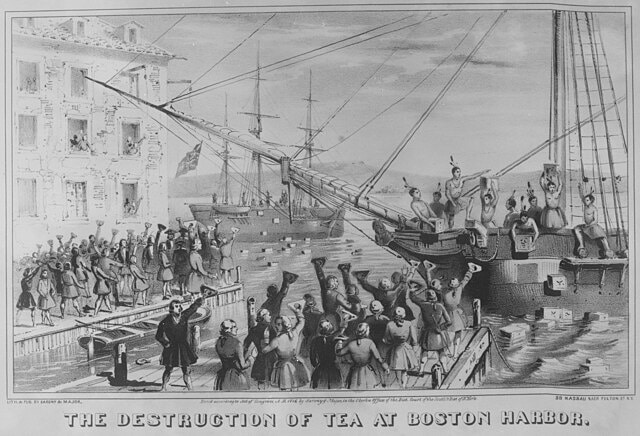
From Bloodshed To Tea: The Boston Chronicles Stirring The Winds Of Revolution
The road to the American Revolution was speckled with numerous confrontations and acts of defiance against the British rule, among which, the Boston Massacre and the Boston Tea Party shine prominently as harbingers of the colonial insurrection. These events, unfolding in the cradle of American Revolutionary fervor, Boston, stirred the hearts and minds of the colonists, forging a collective spirit of resistance against British imperial policies.
The Boston Massacre of 1770, a stark scene of bloodshed on a chilly March evening, unmasked the simmering tensions between the colonists and British soldiers stationed in the city. When a scuffle escalated into a deadly confrontation, the resultant death of five colonial civilians at the hands of British troops ignited a firestorm of outrage, making the Massacre a rallying point for colonial agitation against British military occupation.
As the echoes of the gunfire from the Boston Massacre reverberated through the years, another event on the Bostonian shores was brewing, destined to further galvanize the colonial opposition. The Boston Tea Party of 1773 emerged as a symbolic act of defiance against the British-imposed Tea Act, which not only perpetuated taxation without representation but also granted a trade monopoly to the British East India Company, antagonizing local merchants and tea smugglers.
On a brisk December night, a band of colonists disguised as Mohawk Indians boarded three British ships and cast 342 chests of tea into the harbor’s cold waters. This brazen act of rebellion against the despised Tea Act was not just a rejection of unjust taxation but a bold assertion of colonial autonomy, sending ripples of revolutionary zeal across the thirteen colonies.
The aftermath of these pivotal events in Boston fostered a climate ripe for revolutionary discourse and action. The unyielding response from the British authorities, including the coercive Intolerable Acts, only exacerbated the colonial dissent, forging a shared sentiment of resistance against an empire perceived as increasingly oppressive. The tales of the Boston Massacre and Boston Tea Party transcended the boundaries of Massachusetts, becoming sagas of British tyranny and colonial valor in the face of subjugation.
The Boston chronicles, laden with the essence of defiance and aspiration for self-governance, were emblematic of a broader struggle for liberty, etching indelible marks on the fabric of the burgeoning American Revolutionary narrative. Through blood and tea, the city of Boston became a crucible of American resolve, propelling the colonies on a tumultuous path toward independence.
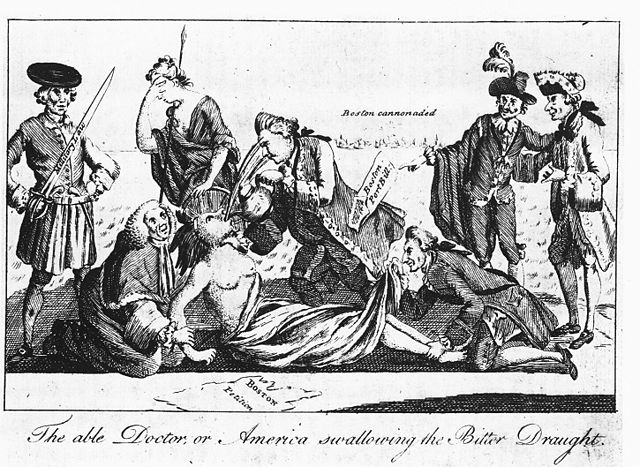
Prime Minister Lord North, author of the Boston Port Bill, forces the ”Intolerable Acts,” or tea, down the throat of America, a vulnerable Indian woman whose arms are restrained by Lord Chief Justice Mansfield, while Lord Sandwich, a notorious womanizer, pins down her feet and peers up her skirt. Behind them, Mother Britannia weeps helplessly. This British cartoon was quickly copied and distributed by Paul Revere / 1 May 1774 / Public Domain via Wiki
The Iron Fist Tightens: The Intolerable Acts of 1774
In a series of punitive strokes aimed at quelling the rebellious spirit burgeoning within the American colonies, the British Parliament, in 1774, enacted a string of legislation known as the Intolerable Acts. The acts, a direct reaction to the audacious Boston Tea Party of the previous year, sought not only to penalize Massachusetts, the epicenter of colonial dissent, but also to firmly rein in the growing notions of self-government among the colonies. The ferocity of these laws laid bare the widening chasm between the crown and the colonists, setting the stage for a collective colonial rebuke against British authoritarianism.
Central to the Intolerable Acts was the Boston Port Act, which orchestrated a stringent blockade on the bustling port of Boston, stifling the economic lifeblood of the region until restitution for the lost tea was made. The Massachusetts Government Act followed suit, an egregious foray into colonial self-governance, it essentially disbanded the local Massachusetts legislature, placing the colony’s governance squarely under British control. This stark usurpation of local authority sent shockwaves through the colonies, showcasing a British resolve to smother colonial autonomy under a veil of imperial decree.
Accompanying these acts were the Administration of Justice Act and the Quartering Act, which respectively sought to shield British officials from colonial litigation and mandated the provision of lodging for British troops in private homes, further igniting the flame of discontent among colonists.
The bitter pill of the Intolerable Acts, far from subduing the colonists, spurred a unanimous outcry against British overreach. The acts struck a chord of unity among the disparate colonies, crystallizing the threat that British imperialism posed to their shared ideals of self-governance and liberty. The communal ire birthed by these draconian laws led to the convening of the First Continental Congress, a significant stride toward colonial unity and a shared front against British oppression.
The Intolerable Acts thus inadvertently sowed the seeds of collective colonial resistance, propelling the American colonies further down the path of rebellion and towards the inexorable clash of the American Revolution. Through the harsh lens of the Intolerable Acts, the silhouette of a united colonial defiance began to take a definite shape against the backdrop of a setting British sun.

Enlightenment Ideals: A Philosophical Prelude to Revolution
As the tendrils of Enlightenment thought wound through the fabric of colonial society in the 18th century, a philosophical schism between the American colonies and the British monarchy was unmistakably burgeoning. The seminal ideas propounded by thinkers like John Locke found a resonant chord among the colonists, emboldening a spirit of rebellion against what was increasingly perceived as a tyrannical British rule. Locke’s elucidation on the sanctity of individual rights and the contractual essence of governance became instrumental in shaping the colonial dissension, laying an ideological groundwork that would significantly contribute to the escalating tensions that caused the American Revolution.
The sharp contrast between Enlightenment principles of governance and the rigid, hierarchical strictures of the British monarchical system could hardly be more pronounced. Locke’s discourse on the social contract, accentuating a symbiotic accord between the rulers and the ruled, underscored the right to rebel against unjust rulers—a notion that resonated profoundly with the colonists feeling the tightening noose of British authoritarianism. Through a vigorous exchange of revolutionary ideas via pamphlets, books, and impassioned debates, an intellectual ferment against British autocracy thrived, carving a robust ideological niche for the revolutionary discourse that would soon envelop the colonies.
The philosophical cleavage deepened with each ensuing act of British high-handedness, gradually molding a distinct colonial identity deeply anchored in the Enlightenment ideals of liberty, democratic governance, and individualism. The polarizing doctrines not only fuelled discontent but provided a legitimate, intellectually fortified basis for rebellion. Thus, the American Revolution was not merely a visceral reaction to oppressive policies, but a deliberate, ideologically driven endeavor to actualize the enlightened principles of self-governance and individual rights.
The colonial consciousness was drastically reconfigured through the lens of Enlightenment, propelling the American colonies onto a collision course with the British monarchy, and inexorably towards the profound historical rupture that was the American Revolution. Through embracing and championing Enlightenment ideas, the colonists were not merely rebelling against British oppression, but were partaking in a grander philosophical odyssey, articulating a nascent political ethos that would become the cornerstone of the emerging American republic.
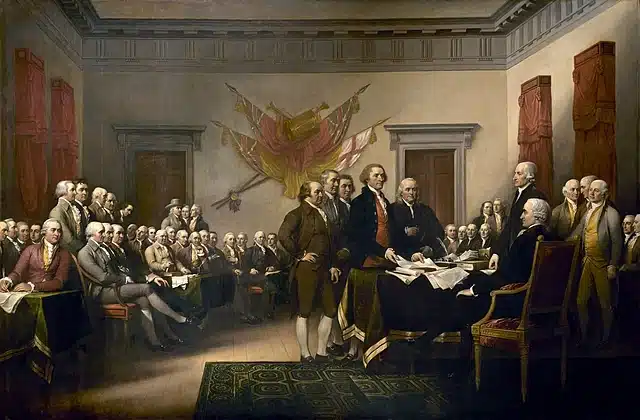
Colonial Self-Government and Identity: Nurturing the Seeds of Rebellion
The American colonies, over years of relative autonomy, had gradually nurtured their own local governance structures and fostered a distinct colonial identity. This evolutionary process was significantly organic, birthed from the necessities of managing local affairs in a manner responsive to the unique socio-economic and political contours of the colonies.
The sentiment of self-governance not only flourished among the colonies but steadily became an integral facet of their collective identity. However, this burgeoning spirit of autonomy collided head-on with Britain’s imperial ambitions, which sought to fasten the reins of control and pull the colonies tightly within its dominion. This stark discord between the colonies’ desire for self-governance and Britain’s imperial dictates laid a robust, antagonistic groundwork that significantly caused the American Revolution.
The conceptualization of a distinct colonial identity was not a fleeting sentiment but a profound evolutionary ethos that galvanized a shared vision of autonomy among the colonies. The local governmental structures that had emerged were no longer seen as mere administrative extensions of the British crown, but as legitimate, responsive organs of governance that catered to the colonies’ distinct needs and aspirations. As the British monarchy ramped up its efforts to usurp control, imposing a slew of unpopular laws and taxes, the fissure between colonial aspirations and British authoritarianism widened conspicuously. The colonies, buoyed by a shared sense of self-governance and common identity, began to vehemently resist the British encroachments, steadily coalescing into a united front against British oppression.
This ideological metamorphosis that espoused self-governance and cultivated a strong sense of colonial identity was a crucial precursor to the unfolding revolution. The colonies were not just fighting against the British-imposed taxations or laws; they were ardently defending a hard-earned self-government and a unique identity that had been sculpted over a significant passage of time. The vehement defense of these cherished values against British authoritarianism crystallized into a broad-based colonial resistance, forging an indomitable resolve that would relentlessly challenge the British yoke until the breaking point of revolution.
The narrative of colonial self-governance and identity isn’t merely a footnote in the annals of the American Revolution; it’s a vibrant chapter that elucidates the ideological underpinnings that fueled the insatiable thirst for independence and self-determination among the American colonies, propelling them inexorably towards the revolutionary path.
Failure of Diplomatic Solutions: The Untrodden Path to Rebellion
As tensions between the American colonies and Britain escalated, the fervor for a diplomatic resolution grew alongside. The colonies, seething under the yoke of British oppression, were not oblivious to the merits of a peaceful accord. Several attempts to broach diplomatic solutions were undertaken, aiming to assuage the burgeoning grievances and forge a harmonious path forward. However, the British government’s recalcitrant stance and failure to acknowledge the colonies’ legitimate demands led to a resounding failure of these diplomatic overtures. The indelible mark of these failed attempts significantly caused the American Revolution, pushing the colonies further along the trajectory of rebellion and toward the coveted dream of independence.
The crucible of these diplomatic failures wasn’t merely a testament to the intransigence of the British crown but also showcased the colonies’ evolution in their quest for self-governance and rights. Every failed negotiation, every dismissed petition, fanned the flames of discontent and emboldened the colonial resolve to seek self-determination. The dissonance between the colonies’ plea for fair representation and the British penchant for autocratic control became starkly apparent. Each unsuccessful diplomatic interaction laid bare the widening chasm, showcasing to the colonies and to the world the implacable British disdain for colonial grievances and aspirations.
Moreover, the global reverberations of these failed diplomatic endeavors were not lost on the contemporary powers. The colonies’ earnest endeavors for peaceful resolutions and Britain’s obstinate rebuffs painted a clear picture of the struggle for justice and a fair governance system. The realm of failed diplomacy thus served as a prologue to the ensuing revolutionary drama, embossing the justification for the colonies’ eventual insurgence.
The dialogues of diplomacy were replaced by the clarion calls of revolution, as the colonies, disheartened but unbroken by the failed diplomatic ventures, girded themselves for the epochal struggle that lay ahead. The haunting specter of failed diplomacy hung heavily over the path that led inexorably to the American Revolution, underscoring the unyielding British tyranny and the indomitable spirit of a people yearning for freedom and self-governance.
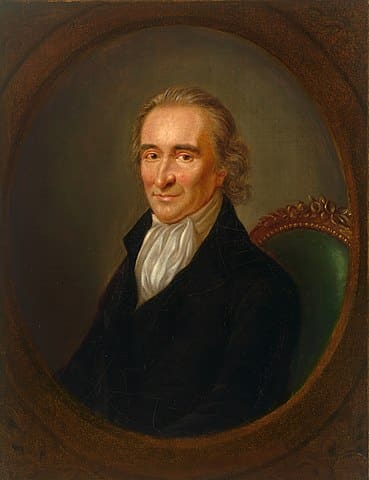
Propagation of Revolutionary Ideals: The Pen That Fanned the Flames
The colonial quest for independence was not an impromptu eruption of dissent, but a carefully orchestrated symphony of ideals that burgeoned over time, thanks to the prolific dissemination of revolutionary philosophies. One cannot underscore enough the impact of enlightened ideologues who wielded their pens with the precision of a swordsman, striking at the heart of colonial subjugation. The propagation of revolutionary ideals was instrumental in stirring the collective conscience of the colonies, setting a fertile ground for the seeds of rebellion that later bloomed into the American Revolution.
The zenith of this intellectual insurgency was perhaps marked by the publication of Thomas Paine’s pamphlet, “Common Sense.” In its pages, Paine delineated the sheer unreasonableness of the colonial subjugation under British rule, propounding arguments for self-governance that resonated with the common man and the intelligentsia alike. “Common Sense” was not merely a critique; it was a clarion call for emancipation from the shackles of British dominion. It traversed through the colonies like wildfire, igniting conversations in town halls, taverns, and homesteads about the plausible reality of a sovereign American state. This widespread diffusion of revolutionary ideals gradually galvanized public opinion, fermenting a unified desire for independence which was a crucial precipitant that caused the American Revolution.
This was an era where the might of the word was indisputably recognized and feared by monarchs and commoners alike. The British authorities were not oblivious to the power of these printed insurgencies that threatened to undo the colonial subordination they had meticulously crafted. Yet, the wheels of revolution had been set in motion. The vigorous dissemination of revolutionary ideals fostered a paradigm shift, nurturing an ecosystem where the discourse of rebellion transitioned from clandestine whispers to vociferous demands for independence.
As the ideological warfare waged on paper found its echo in the hearts of the colonists, the stage was set for a physical confrontation. The British monarchy’s obstinate ignorance of the evolving colonial consciousness only exacerbated the disconnect, accelerating the colonies’ march towards rebellion. This period of fervent propagation of revolutionary ideals demonstrated the indomitable power of thought and discourse in shaping the destiny of nations, foregrounding the intellectual foundation upon which the American Revolution robustly stood.
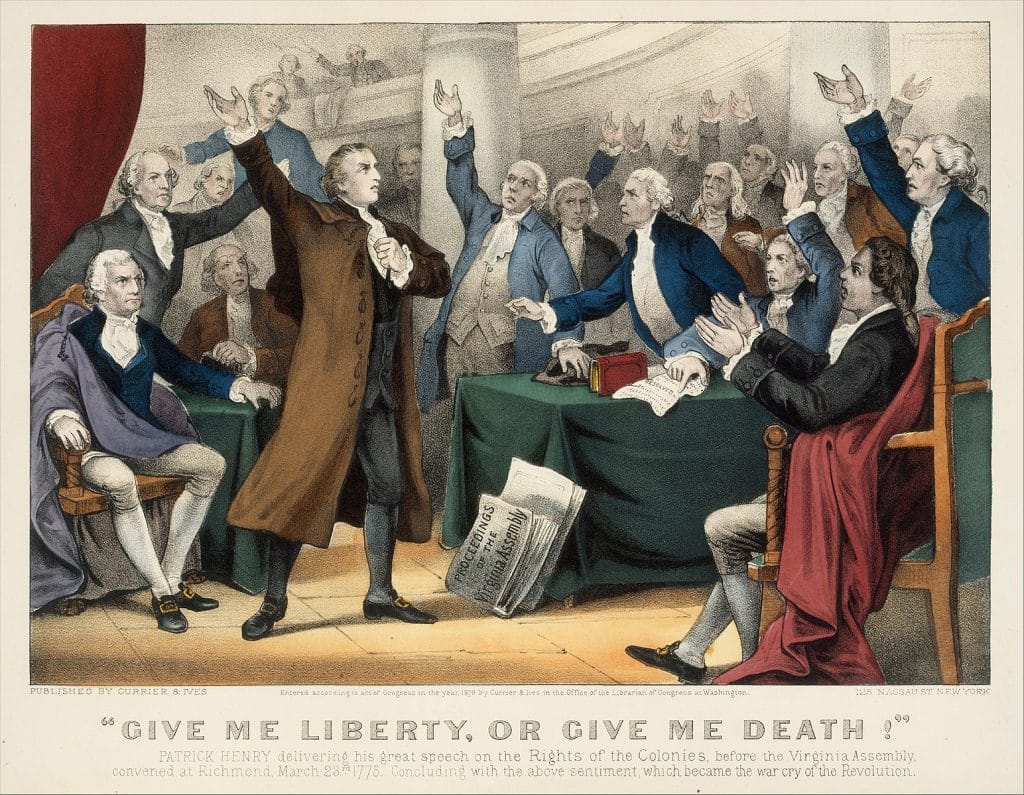
The Perfect Storm that Caused the American Revolution
The mosaic of grievances, ideals, and events that interwove through the fabric of the American colonies was not merely a series of isolated sparks, but a complex, smoldering bed of coals that eventually ignited the blaze of revolution. The discontent seeded by economic strangulation, the outcry against oppressive taxation, the resonance of revolutionary ideals, and the failure of diplomatic appeasements were not merely concurrent phenomena, but interdependent facets of a larger narrative of autonomy and self-governance. Each spark, though unique in its origin and nature, was a crucial element in the constellation of causes that collectively spurred the journey towards independence.
Through the lens of retrospection, the narrative of the American Revolution unfolds not merely as a struggle against colonial subjugation, but a remarkable endeavor of a people united by a shared vision of liberty and self-determination. The various sparks that caused the American Revolution were not mere acts of defiance against a distant monarchy, but a profound assertion of the ideals that were to form the bedrock of a nascent nation. This era epitomized the potent interplay of thought and action in shaping the course of history, underscoring the indomitable spirit of the American colonies in their quest for sovereignty.
As we delve into the annals of history and unravel the myriad causes that orchestrated the symphony of rebellion, the legacy of the American Revolution emerges as a timeless testament to the human endeavor for freedom. The enduring legacy of a revolution that redefined the contours of governance and human rights. The tale of the American Revolution, rooted in a rich tapestry of causative elements, continues to be a luminous chapter in the chronicle of a nation’s indomitable march towards its destiny.

